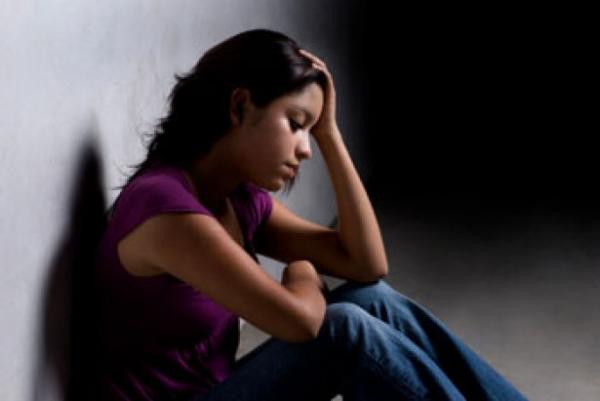Recent articles like “Paris Jackson ‘Safe and doing fine,’ Says Family Members” (released by ABC News), have assured the public that Paris Jackson is “physically okay.” Though no official explanation concerning her hospitalization has been released, speculations heavily suggest a suicide attempt. Her family conveys that the teen has been “going through a lot” and her tweets of late have also been dark which is uncharacteristic. While Paris undergoes many unique challenges, novel to most teens, many of her predicaments are not isolated. She comes from an economically wealthy background, however since 2009 when her father passed away, issues such as family conflict, custody, and economical battles have taken a toll on her young life.
Paris is not alone in these types of struggles. Center for Disease Control and Prevention reports that one in six US High School students has seriously considered taking their life. Furthermore, the number of teens attempting suicide in the US since the start of the economic crisis shot up from 6.3% in 2009 to 7.8% in 2011. Fear of lifetime poverty and ills worsened by the economic crisis is thought to be part of the cause.
 Signs of Depression:
Signs of Depression:
It doesn’t necessarily mean that because a child comes from a wealthy family, he/she is automatically bullet-proof from economic challenges. They say “money is the root to all evil” and sometimes the mere existence of a conflict in a young adults life over money, could tilt the balance. When it comes to mental illness, looks could be deceiving. Paris is a teenage girl just like any other and here are some ways to detect if you have a Paris silently suffering:
- Crying spells for no apparent reason
- Unusual irritability, fits of anger
- Loss of interest in family and friends
- Disinterest in favorite activities
- Discontinued use of favorite social networking sites
- Out of character tweets, updates, etc.
- Escalated amounts of time spent secluded: in bed, “out driving,” etc.
- Trouble concentrating
- Difficulty remembering basic day-to-day information
- Bleak remarks about life
- Severe displays of insomnia
- Negative view of school, friends and family
- Loss of energy
- Refusal to attend school or participate in activities
- Drastic weight gain or weight loss
- Signs of low self esteem
- Disregard for appearance
- Abuse of drugs or alcohol
- Cutting, burning or other signs of self inflicted harm
- Frequent body aches or headaches
As the Mayo Clinic suggests, signs of depression in teens are never easy to read. Teenagers are all undergoing hormonal changes and extreme emotional development which by nature often induces erratic behavior. Communication is one of the strongest solutions in preventing and detecting teen depression. Talk with your teen and stay in strong communication with their teachers, coaches and peers. Many teens need their personal space, so don’t hound or stalk, but find a balance. Leading by example also works wonders. The stronger, happier and more positive approach you have to life, the likelier your teenager will develop the same strengths. It may be beneficial for you to seek professional guidance in the areas of emotional intelligence and work life balance. Your honest and transparent interactions with your teen will also make them likelier to open up to you.
If you feel certain your teen is struggling with depression, refer to professional advice and in severe situations, take your teen to a doctor.
Other notes of interest:
Jedi Guide: How to be confident
The relationship between Sports and Self-Image





